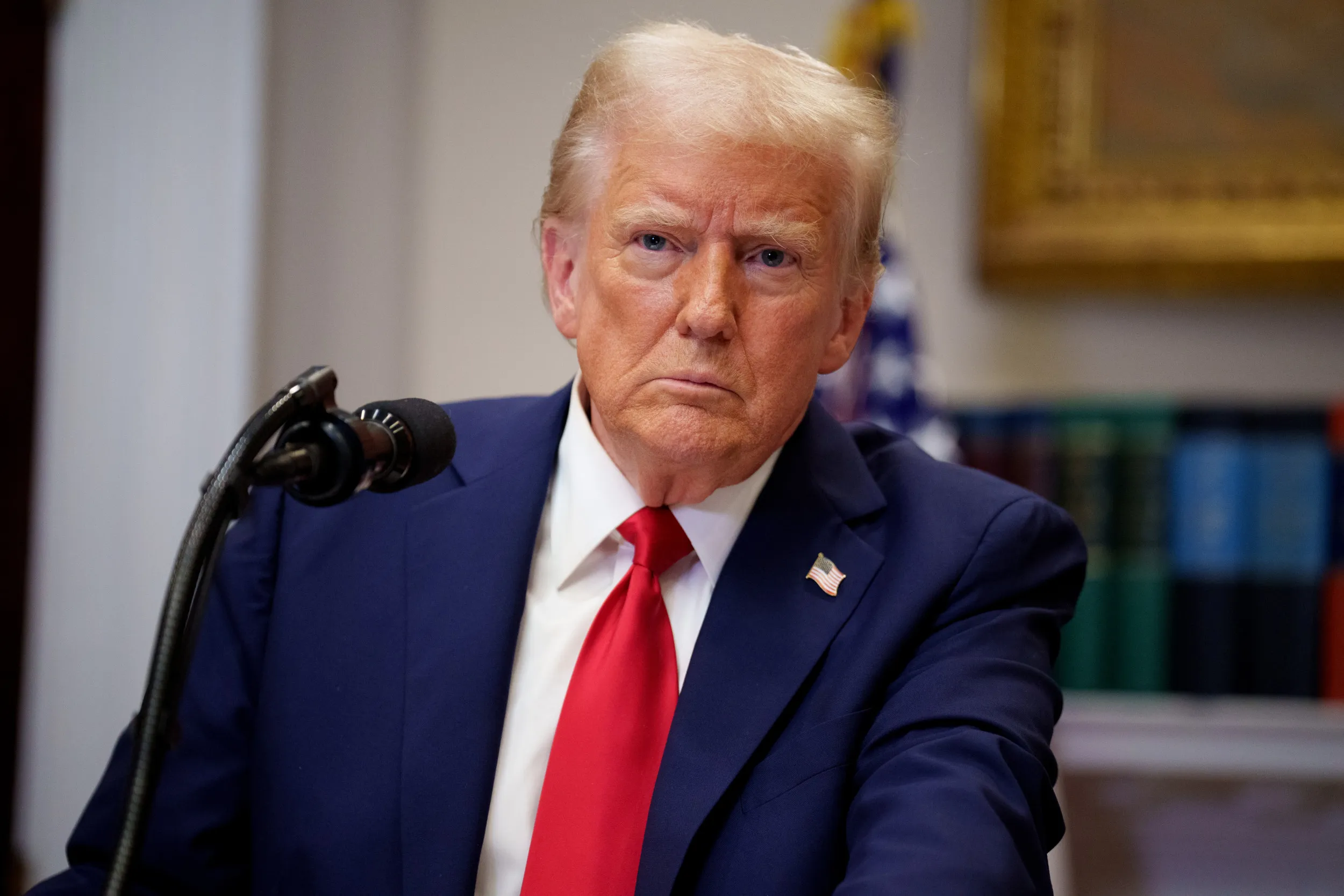Federal Grants Frozen: What This Means for Americans
In a surprising move, President Donald Trump has ordered an immediate freeze on all federal grants and loans, a decision that has sent shockwaves through various sectors reliant on federal funding. This pause affects trillions of dollars in federal spending, impacting crucial programs that provide financial assistance to millions of Americans. The implications of this decision are far-reaching, potentially disrupting essential services and support systems that many citizens depend on.
The White House’s Office of Management and Budget (OMB) issued a memo detailing the freeze, which took effect immediately. This unprecedented action has raised alarms among local and state governments, advocacy groups, and citizens alike. Key areas affected include food assistance programs, student loans, Medicare, Medicaid, and disaster relief funding. As a result, vulnerable populations may face devastating consequences due to the lack of access to these vital resources.
Senate Democrats have voiced their concerns regarding the funding freeze, warning that it could lead to increased financial strain on families and communities across the country. “This freeze could have catastrophic effects on those who are already struggling,” said one senator, emphasizing the urgency of restoring funding to critical programs. The decision has sparked significant political backlash, with calls for immediate action to mitigate the damage caused by the halt in federal grants.
The freeze is part of a broader strategy by the Trump administration to redirect federal funding away from certain initiatives. Critics argue that this move is ideologically motivated, targeting programs that align with progressive values, including foreign aid, diversity initiatives, and environmental policies. The Environmental Protection Agency (EPA) is among the agencies affected, with funding for various environmental initiatives put on hold.
Nonprofit organizations that rely on federal funding for essential services are particularly concerned about the immediate effects of the freeze. Programs like Meals on Wheels, which provides meals to seniors, may face operational challenges as they struggle to secure funding. Additionally, education institutions that depend on federal grants for research and student support programs are also bracing for potential disruptions.
Legal experts suggest that the freeze may face challenges in court, raising significant constitutional questions regarding the separation of powers. Critics argue that the freeze undermines the authority of Congress, as funding had already been approved and allocated by lawmakers. With federal agencies required to submit detailed reports on programs impacted by the pause by February 10, 2025, the situation remains fluid and uncertain.
While the memo specifies that Social Security and Medicare benefits will not be affected by the freeze, the status of Medicaid and food stamp programs remains unclear. This ambiguity has left many citizens anxious about their future access to essential services. The long-term implications of the freeze could lead to missed payrolls and rent payments for organizations dependent on federal grants, creating chaos in various sectors.
Advocacy groups are mobilizing to raise awareness about the potential negative impacts of the funding pause on public health, education, and social services. “We are deeply concerned about how this freeze will affect the most vulnerable members of our society,” stated a representative from a prominent nonprofit organization. The freeze has drawn comparisons to a government shutdown, which typically delays payments for state and local services, further exacerbating the uncertainty faced by many.
In conclusion, the freezing of federal grants and loans represents a significant shift in federal policy that could have lasting repercussions for millions of Americans. As the nation grapples with the fallout from this decision, it is crucial for lawmakers and advocacy groups to come together to address the challenges posed by this funding pause. The future of essential services and programs hangs in the balance, and immediate action is needed to restore stability and support to those who rely on these vital resources.






Leave a Comment